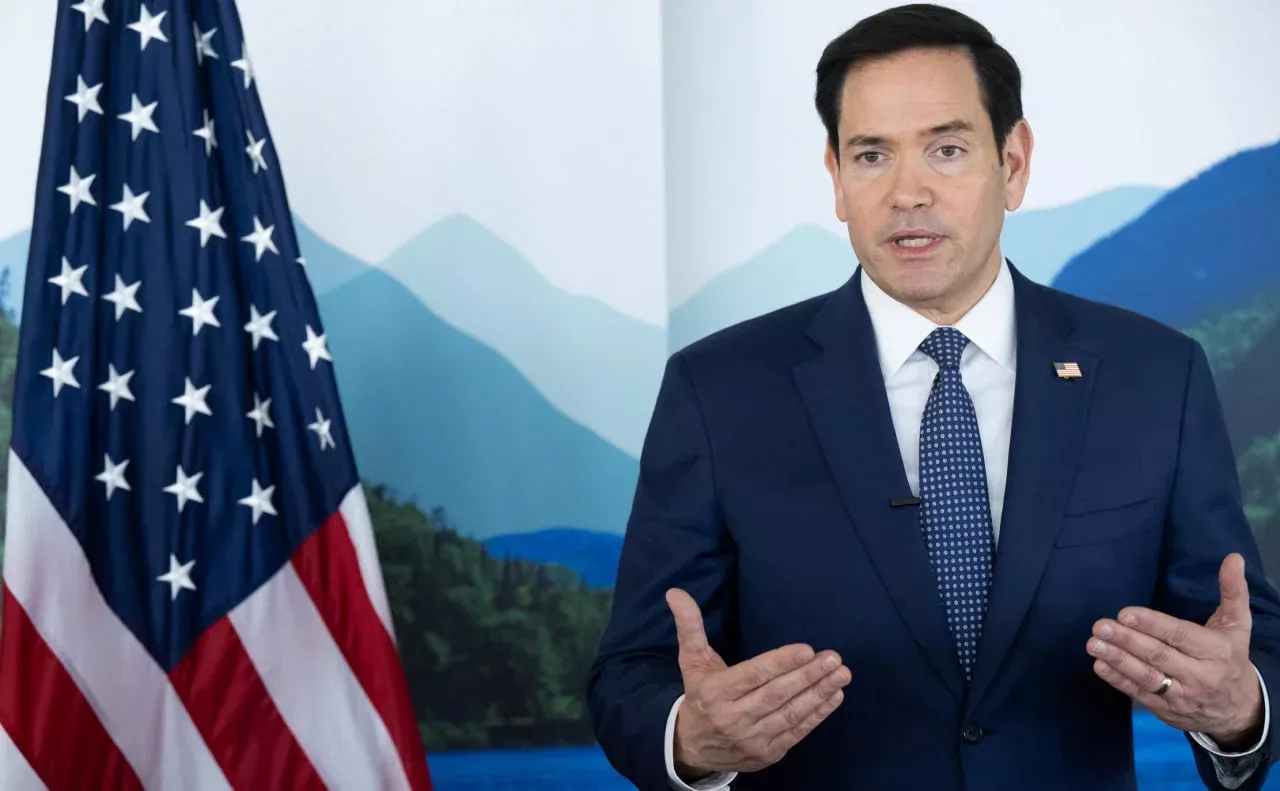
Washington is calling for an end to the war in Ukraine, particularly for a short-term ceasefire. In an interview with CBS on March 16, Sunday, US Secretary of State Marco Rubio emphasized that the continuation of military actions would hinder the negotiation process.
While discussing the visit of Donald Trump's special envoy Steven Witkoff to Russia and his meeting with Vladimir Putin, Rubio noted, "Witkoff's meeting with Putin was credible," but clearly stated that Russia had not taken any concrete steps towards peace negotiations as a result of the talks. According to Rubio, Putin may have decided to delay the peace process, but their negotiations did not lead to any official statements.
Rubio also revealed that there is another plan for ending military actions. "Plan A is to stop the shooting and move to Plan B. For this, all parties must come to the negotiating table," he said. In his view, stopping the shooting is the first step towards ending the war, and only then will they have the opportunity to move to negotiations. "If the war is ongoing, there will be no negotiations," Rubio added.
Rubio also emphasized that negotiations between Russia and Ukraine should not be direct. "It is very difficult to agree on ending the war while both sides are firing at each other. That is why President Trump wants to stop the shooting," he said.
G7 countries' threat of sanctions
On March 14, the "Group of Seven" (G7) countries gathered in Canada to discuss imposing additional sanctions against Russia if it refuses to cease fire in Ukraine. In a statement from the representatives of the foreign ministers, it was stated, "If Russia does not agree to stop the shooting, additional pressure will be applied, including sanctions, price caps on oil, and additional assistance to Ukraine."
The G7 countries also called for the establishment of clear and reliable security mechanisms to ensure a ceasefire.